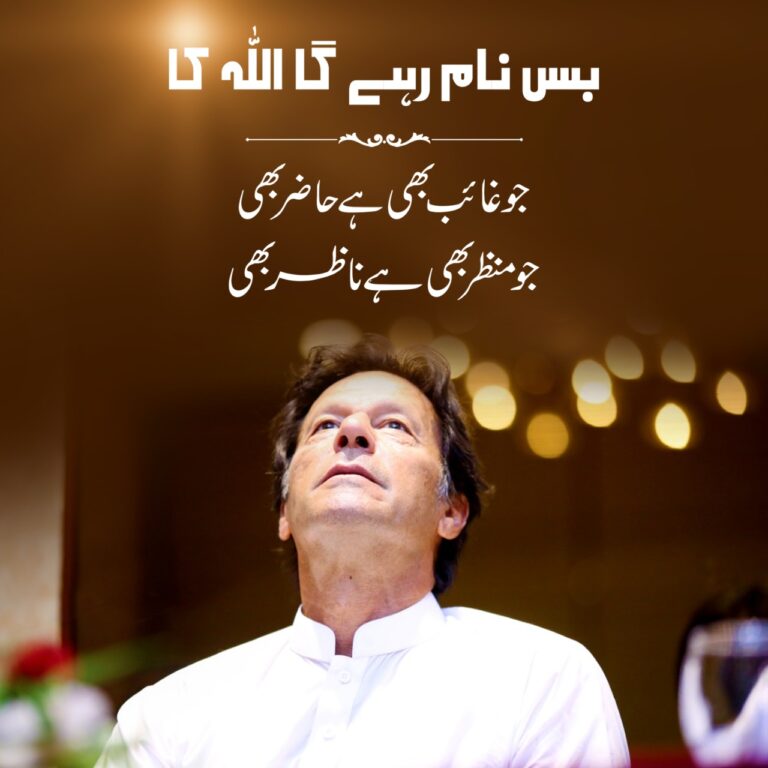
It is a claim that you alone are special, you alone care and you alone have the right.
A few days ago I was forwarded an article written by Manal A. Khan on how our ambitious career plans in college appear on hindsight upon touching 30. I found it comforting that people my age share the paradox of going through education systems that hammer down the notion of zealous personal ambitions and save-the-world attitude while, upon hitting some semblance of career stability, realise that it’s the ‘process’ that really matters. In this piece I will establish a thread from her general message in to pursuing PhD studies.
PhD studies or work in the knowledge economy in general is like work in any other industry. I chose this for my commentary because the eccentric admission process, the high self-motivation and work flexibility are supposedly the hallmarks of independent research work, similar to some values mentioned by Khan. However one year down, I have emphatically realised how political research work really is. By political I don’t just mean ideological but many outside factors that shape knowledge creation.
Take research area as an example. I was very selective about choosing literature for my work on the Pakistani media industry. As an emerging academic of the global south, it is imperative that I borrow extensively from theoretical frameworks that are grounded on developing countries. This means working under supervisors with similar focus or at least expertise on developing countries. However, rarely do new PhD students get supervisors of their choice in this increasingly saturated and bureaucratised industry. As a result their frameworks and indeed research area may be directed by their supervisors.
Timeliness and location plays another important role. As a resource constrained actor, how do you study a community thousands of miles away? There are limitations to my data collection on Pakistan; the personal/guanxi culture, elite research paradigm and the expense of traveling to and fro from Hong Kong for instance. This effects what meaningful questions I can ask and expect to answer. In the beginning I was envious of my Chinese colleagues for whom it is much easier to collect data on China. I do realise now how incorporating Chinese literature adds value to my work even though it comes at the expense of foregoing data on some communities in Karachi. Lack of access much?
Finally, and this is my favourite; our personal lives do not stop while we are embarking on ambitious plans to ‘save the world’. Many PhD students are in the middle of their careers thus juggling a balance between social security (immigration), marriage and/or proposals, kids, parents, jobs and their research is a truism. This effects the choices mentioned above besides adding another dimension to how a researchers decision making is influenced.
A PhD graduate told me once that when he first started the program he had big plans ‘to move mountains’ and creating vital knowledge that would change lives of ‘ordinary people’. In reality the program simply trains you to carry out independent research work. That is it. It takes decades for scholars to refine their methods, develop a following and master an area to make some meaningful contribution. And, since research work usually is far ahead of its time it takes years for its practical impact to trickle down. The only thing within your control is perseverance for your work and strategic decision making to interact with outside influences. That is all you can reasonably expect from yourself. Setting a goal like ‘changing the world’ is as narcissistic a view as ‘becoming famous’. It is a claim that you alone are special, you alone care and you alone have the right. I agree with Khan that great people didn’t set ‘changing the world’ in their bucket lists. They just continued to make good use of their strengths.










